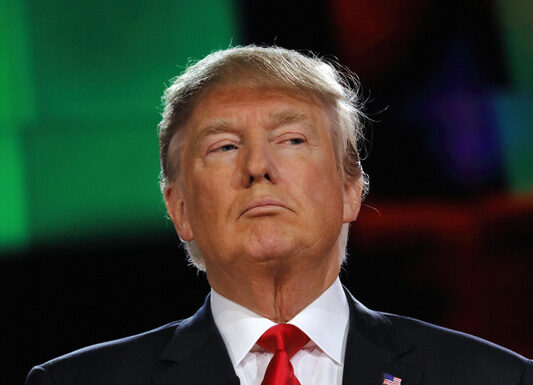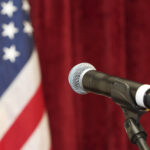Canadian Prime Minister Justin Trudeau announced his resignation Monday, January 6, citing internal party battles and declining support, as President-elect Donald Trump suggested Canada should become the 51st U.S. state to avoid looming tariff threats.
Trudeau, who will remain in office until the Liberal Party selects a new leader, made his announcement amid mounting pressure following the December departure of his key ally, Deputy Prime Minister Chrystia Freeland. His resignation comes as his approval rating dropped to 19%.
“Not a snowball’s chance in hell,” Trudeau responded when asked about Trump’s suggestion of Canada joining the United States. The outgoing prime minister described Trump’s comments as a negotiation tactic designed to create leverage in future trade discussions.
Trump, writing on Truth Social, claimed: “Many people in Canada LOVE being the 51st State,” and suggested that “If Canada merged with the U.S., there would be no Tariffs, taxes would go way down, and they would be TOTALLY SECURE from the threat of the Russian and Chinese Ships that are constantly surrounding them.”
The suggestion of annexation comes alongside Trump’s threat to impose 25% tariffs on Canadian goods, a move that Canadian officials are taking seriously. Finance Minister Dominic LeBlanc dismissed Trump’s statehood comments as “sowing confusion” and “creating chaos.”
Ontario Premier Doug Ford warned of economic consequences if Trump proceeds with the tariffs. “The US will feel pain if Trump doesn’t back down from his threats,” Ford stated, emphasizing that Canada would never become part of the United States.
Canadian officials are already preparing potential retaliatory measures, including tariffs on American orange juice, toilets, and certain steel products. The measures would target a wide range of U.S. products shipped to Canada if Trump implements his threatened tariffs.
The Liberal Party must now choose a new leader, with potential candidates including former Bank of England and Bank of Canada governor Mark Carney, Foreign Minister Mélanie Joly, and former Deputy Prime Minister Chrystia Freeland. The party currently trails the opposition Conservative Party in polls ahead of a general election that must be held before October 2025.
The timing of Trudeau’s departure presents unique challenges for Canada-U.S. relations. The country will have what experts describe as a “lame duck” prime minister during a critical period, as Trump has threatened to implement the tariffs on his first day in office. Adding to the complexity, key cabinet ministers involved in Canada-U.S. relations are expected to enter the Liberal leadership race.
Canadian Foreign Minister Melanie Joly, who has decided not to run for the Liberal leadership to focus on U.S.-Canada relations, stated that the cabinet is preparing an extensive list of retaliatory measures. The government is targeting U.S. exports specifically from Republican-friendly regions, similar to their strategy during previous trade disputes.
Economists warn that Trump’s proposed 25% tariffs could push the Canadian economy into a recession and further weaken the Canadian dollar. Canada is considering using export taxes on strategic commodities like oil, uranium, and potash to put pressure on American energy prices.
In his departing advice, Trudeau emphasized the importance of maintaining strong U.S.-Canada relations while protecting Canadian interests. “Canadians are proud of their identity,” he stated, adding that working together with the U.S. remains crucial despite current tensions.








